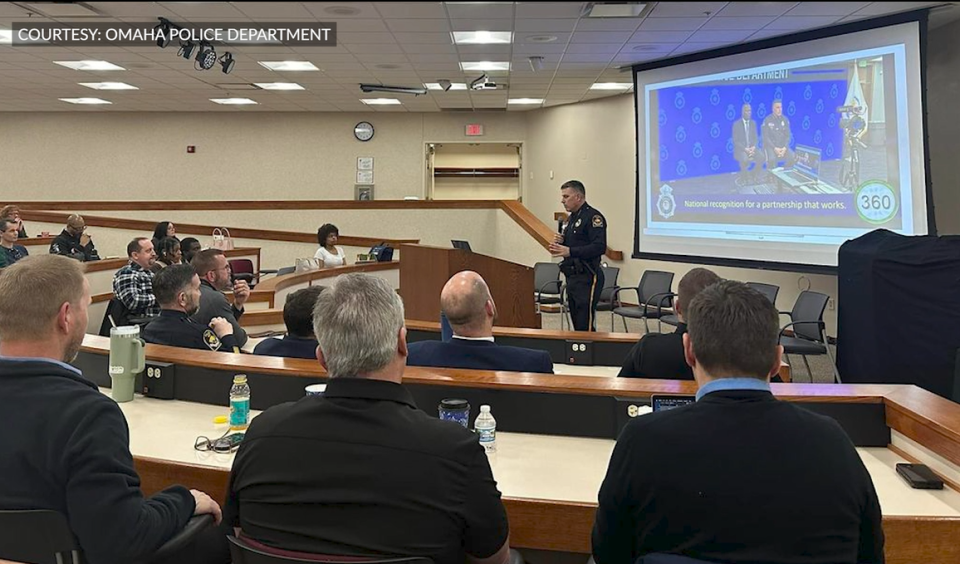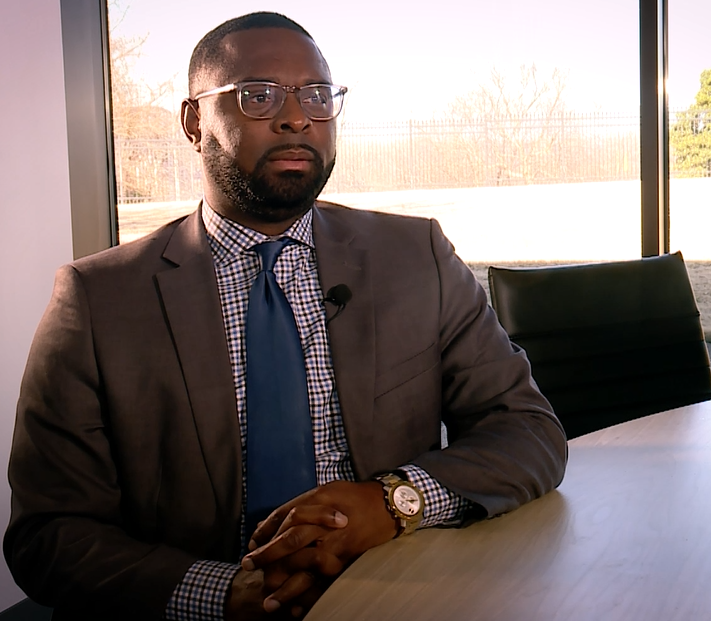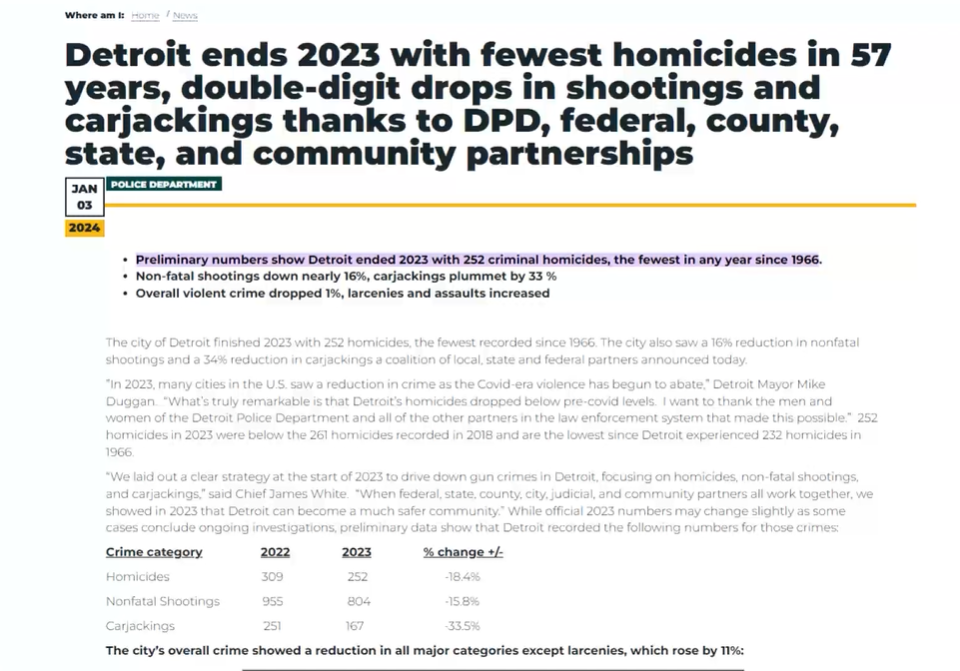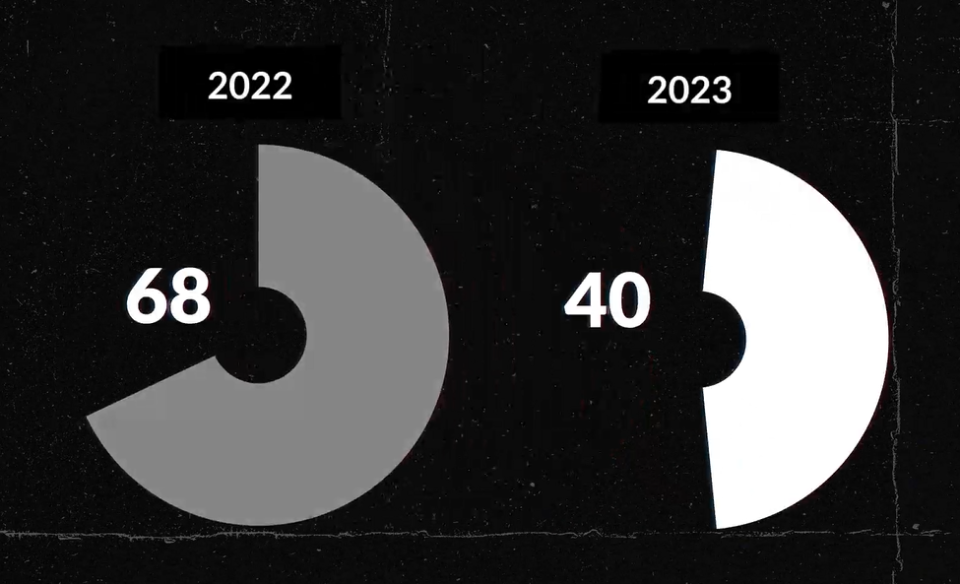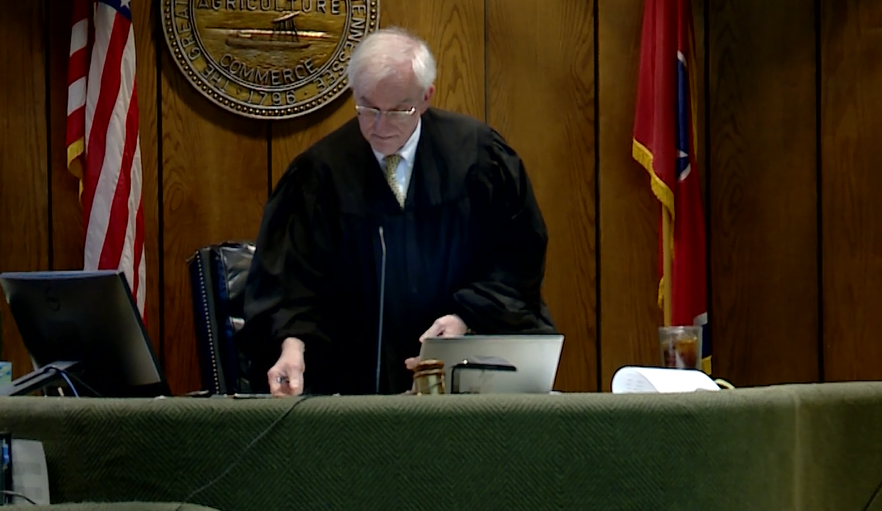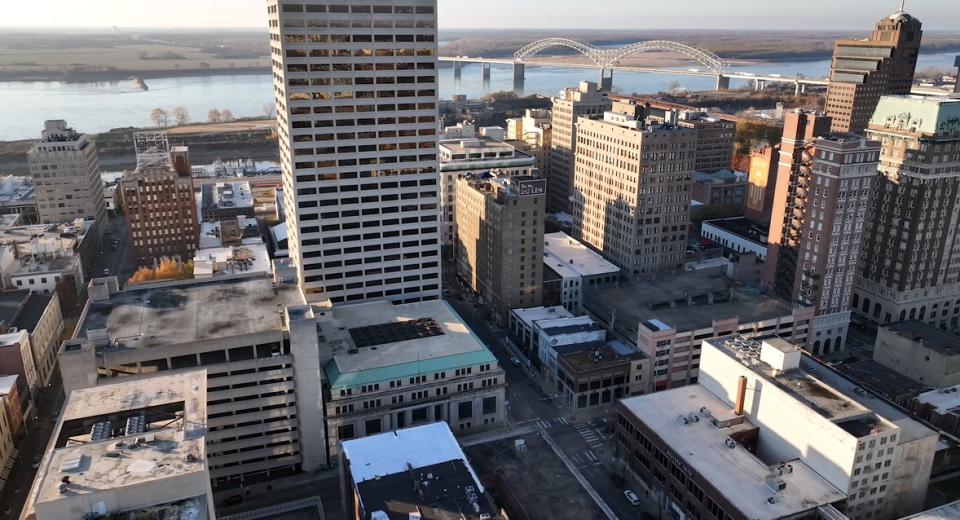‘Take the city back’: Memphians, tired of crime, look to leaders for action
MEMPHIS, Tenn. — This week, WREG Investigators have been digging deeper into the crime hurting Memphis. We end our series with a vital question — How do we fix it?
Memphis is a city full of culture, creativity and compassion. It’s resilient yet exhausted.
Violence seems to have the upper hand leaving residents fed up with the small population wreaking havoc.
“Something has to be done,” said a mother who lost her son to violence.
“People in this city are sick of it. We are tired of it,” Stan Norton said. “Every day we feel like we are sitting ducks.”
He is the chief operating officer of City Auto.
In December, security cameras at his dealership on Elmore captured thieves driving off with two Corvettes.
► More stories in this series:
Stolen, illegal guns fuel shootings in Memphis
“They used an iPad. They have these programs. They can be in the car and gone in 30 seconds or less,” Norton said. “It probably happens 10 times a year. The losses each of the past two years have been north of $500,000. That’s hard to absorb.”
Plus, there’s the money spent on more security.
“I love Memphis. I have a home here. I have a business here, but I feel like I have to constantly protect it,” said Norton.
It’s a feeling far too many know, especially over the past three years. The pandemic unleashed a crime wave across the country. The FBI hadn’t seen so many murders since it started tracking those statistics in 1960.
Last year, many cities finally started to see a decrease. Memphis was the exception. It reported the deadliest year yet in 2023. Property and other violent crime increased too.
As U.S. crime trends down, murders rise in Memphis
Looking at other cities for answers
“There is a small amount of people creating the bulk of the chaos in our community,” Memphis Mayor Paul Young said.
Young said his team is working on various strategies to get those people off the streets, like stepping up investigative services.
“So behind the scenes, we have had a lot of discussions with our national partners and internally around how we can be more aggressive with identifying those committing crimes,” he said.
Young said his team is also looking what other cities have done, like Omaha, Nebraska where the number of gunshot victims was cut in half in the past 15 years. Its Omaha 360 strategy gets representatives from every part of the community including the school system, churches, housing, businesses, police and politicians together. Hundreds show up to weekly meetings where they go over recent data and mobilize resources to tackle underlying issues.
“We want to build a structure that allows for us to seamlessly communicate and share data,” Young said.
He said they’re working on a similar system now while also adding a new office focused on violence intervention.
“How do we get them to go to scale? How do we have better data sharing, so as they are focusing on which individuals need those services?” he said. “When I talk about data sharing, it’s equipping our violence interrupters with the information, so they can do a better job.”
He said more investments in our youth is also vital.
“What we have to do is introduce other options. Open community centers and engage them. Better, deeper ways,” he said. “Not just sports, but that’s part of it. Also, what are nonprofits doing in our community that could be operating in our community centers and engaging our young people over and beyond.”
Other city leaders are also doing their own research, like Memphis councilwoman Jerri Green.
“Every place that I have looked, they have come up with plans, and I think there are bits and pieces we can bring to Memphis,” she said. “There’s so many tools out there, and there’s so many plans shown to work across the country, but we aren’t doing it.”
Councilwoman says MPD homicide solve rate below 50%
Some examples include community policing, technology and working to regain the community’s trust.
“There are some things that are deeper we need to work on,” she said. “We need immediate action, but we are going to have to look at root causes. What are we doing in our schools? What are we doing in our communities for our youth? what are we doing for our reentering citizens?”
She wants to see a concrete plan. Detroit, Michigan had one. It just reported a significant drop in homicides and record-low carjackings.
It laid out a series of strategies like giving officers a raises, investing in more community violence intervention groups and through collaboration, focused on clearing a backlog of felony gun cases that amassed when COVID forced courts to close and defendants were released to clear space in the jail.
“Moving 4,000 pretrial felons through the system, so there’s accountability in a fair way. We are seeing numbers we have never seen. 18 percent reduction in homicide,” their mayor said in a press conference.
Shelby County also has a backlog from COVID. Some entities and local lawmakers want to do what Detriot did and have called on state leadership to help surge available resources.
Judge calls delays in Shelby County criminal court system ‘catastrophic
“Public safety is one of the greatest challenges in our day,” Governor Bill Lee told WREG while he was in Memphis last week.
He said he is working to send more troopers to help in the Bluff City and dedicated grant money for violence intervention. That money just being implemented.
He didn’t mention the backlog of court cases in our interview or in his state of state address. Local lawmakers, however, tell us discussions are happening behind the scenes.
TN troopers saturating Memphis interstates
Unique challenges in Memphis
“If I had to prioritize the ways the state could help, I want them helping with just the crime level. Funding violence intervention methods. I want them helping to supplement the pay of police, so we can help recruit more police. I want them to fund a crime lab,” Shelby County District Attorney Steve Mulroy said.
WREG Investigators found out Memphis police solved 68% percent of homicides in 2022 and 50% last year. Mulroy said he wants more funds to help get those numbers up.
“And then also, with the kind of programs that would decrease the repeat offender rate like violence intervention programs, drug treatment, mental health,” he said. “That’s what I think will actually make us safer.”
Memphis has unique challenges. It has a poverty rate of 21% and a child poverty rate of 32%.
Around 35,000 people between ages 16 and 24 are not in school or are not working. Lack of educational opportunities, meaningful employment, prejudice, trauma and lack of hope are all contributors of crime.
Researchers also believe dysfunctional families also play a role. Some have suggested the most reliable indicator of violent crime in a community is the proportion of fatherless families.
Shelby County Criminal Court Judge Christopher Craft agrees. He became a judge 12 years ago.
“And since then, I have had three dads. Three dads testify,” he said. “Out of all the cases I’ve handled, three have testified at a sentencing hearing for their kid.”
Commissioner calls for changes in the Shelby County court system
He believes what’s happening is many boys don’t have a positive male influence to look up to and find admiration and love.
“Mom may care about [the child]. She might love them, but is working too many jobs to make ends meet or is on drugs or other problems,” he said.
Judge Craft said the pandemic made it worse, because teachers and mentoring programs had to press pause while the negative influences and gangs didn’t shut down.
“They have nothing. They have nothing positive in their lives except trying to impress their friends,” Judge Craft said. “They carjack a car and then run it into another car to carjack that car, so that they can drive around a while and leave that car there. At the end of the day, they carjacked two to three cars and then they just go home. When they go home, nobody cares. No one knows they came home.”
He said more mentors is key in reducing crime long term.
“We need people to care enough to try to make a difference,” he said.
It could make a much needed difference in a city where far too many like Norton want and deserve change.
“Just encourage all the citizens to hold you elected officials accountable,” Norton said. “I don’t plan on losing this battle. I plan on, we the people, take the city back.”
► DO YOU NEED A STORY INVESTIGATED? WREG Investigators want to hear from you! Call our tip line at 901-543-2378. You can also send an email to newstips@wreg.com.
Get the latest from the WREG Investigators in your inbox
For the latest news, weather, sports, and streaming video, head to WREG.com.
